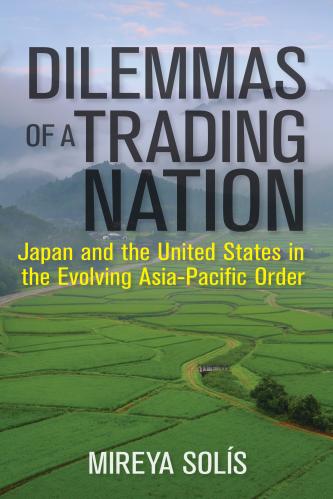

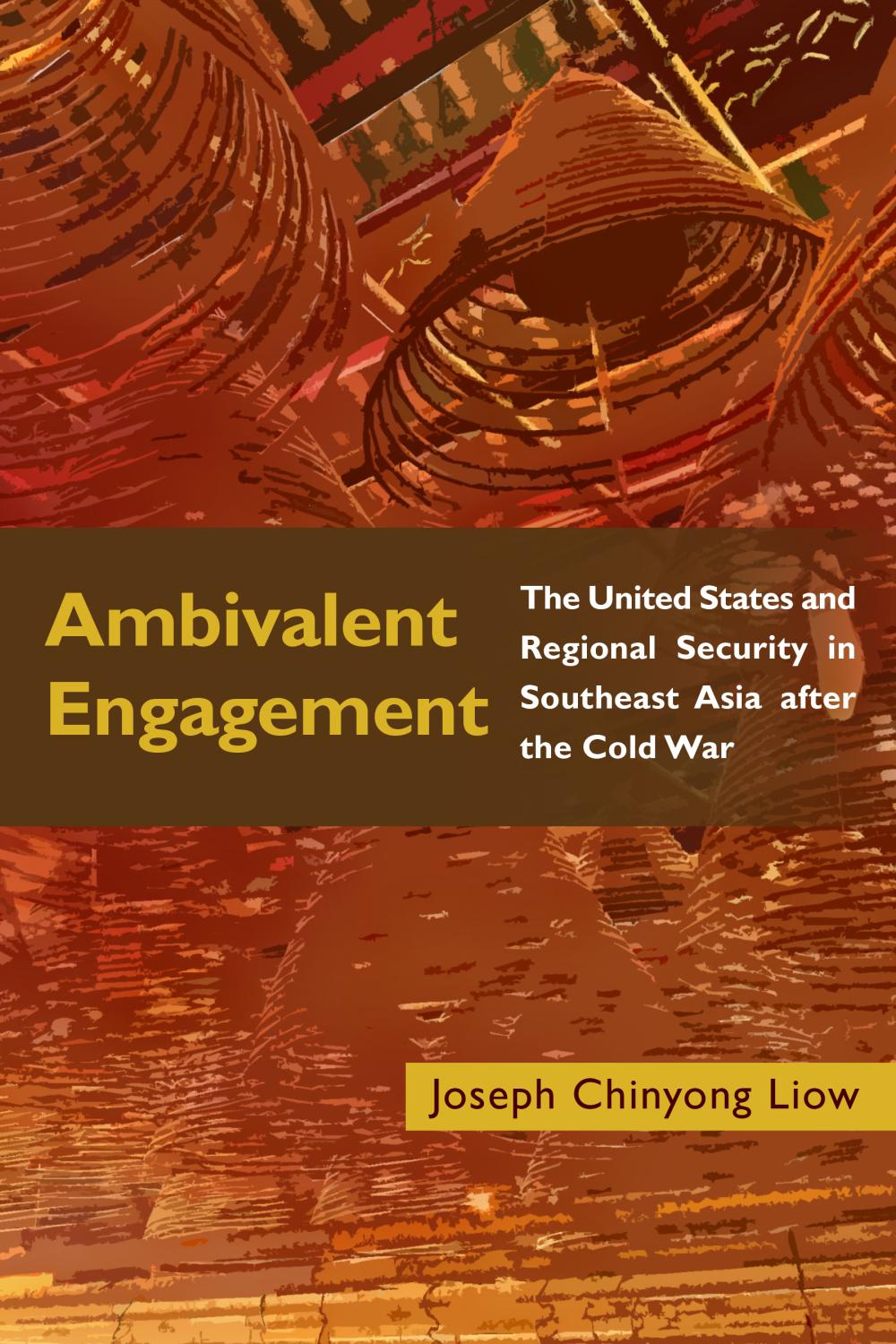
Book
The paradox of U.S. involvement in Southeast Asia
The Obama administration’s pivot-to-Asia policy implies an important place for Southeast Asia in U.S. foreign policy. But Washington’s attention to the region has fluctuated dramatically, from intense intervention of the cold war era to near neglect in more recent years. As a consequence, countries in Southeast Asia worry that the United States once again will become distracted by other problems and disengage from the region.
This book by an astute observer of the region and U.S. policy casts light in the sources of these anxieties. A main consideration is that it still is not clear how Southeast Asia fits into U.S. strategy for Asia and the broader world. Is the region central to U.S. policymaking, or an afterthought?
Moreover, domestic considerations, both in the United States and in the region, often contrive to obstruct foreign policy decision-making, in the process frustrating mutual engagement in the post-cold war era. Cooperation among states within the region also is uncertain, at best.
Ambivalent Engagement highlights a paradox that is becoming increasingly conspicuous and problematic. Southeast Asia continues to rely on the United States playing an active role despite it being an external power. But the states in the region have very different views about precisely what role the United States should play. The consequences of this paradox will grow in importance with the expanding role of yet another outside power, China.
Related Books

Mireya Solís
August 1, 2017
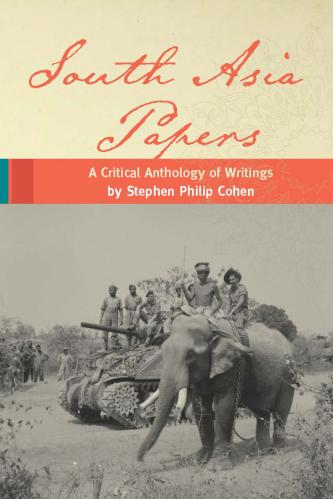
Stephen P. Cohen
April 12, 2016
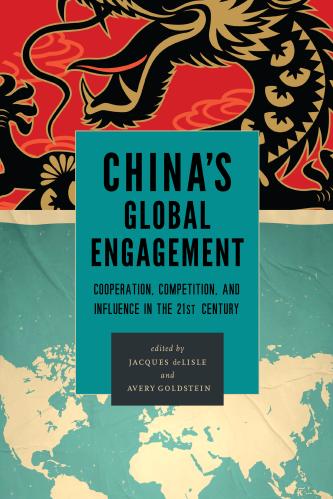
Jacques deLisle, Avery Goldstein
May 30, 2017
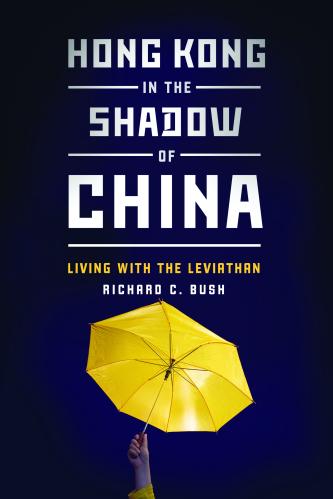
Richard C. Bush
October 11, 2016
Author
Joseph Chinyong Liow is the inaugural holder of the Lee Kuan Yew Chair in Southeast Asia Studies and a former Senior Fellow at the Brookings Institution.